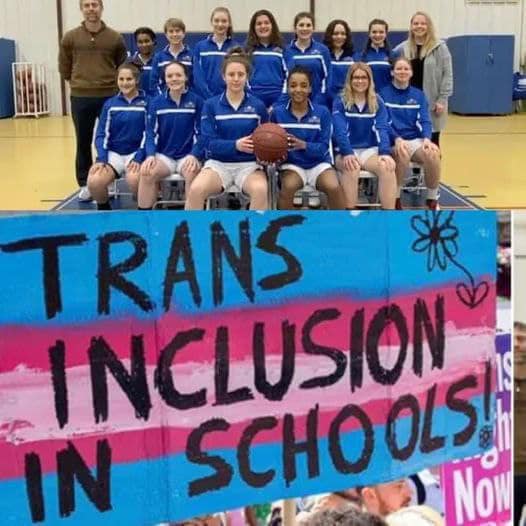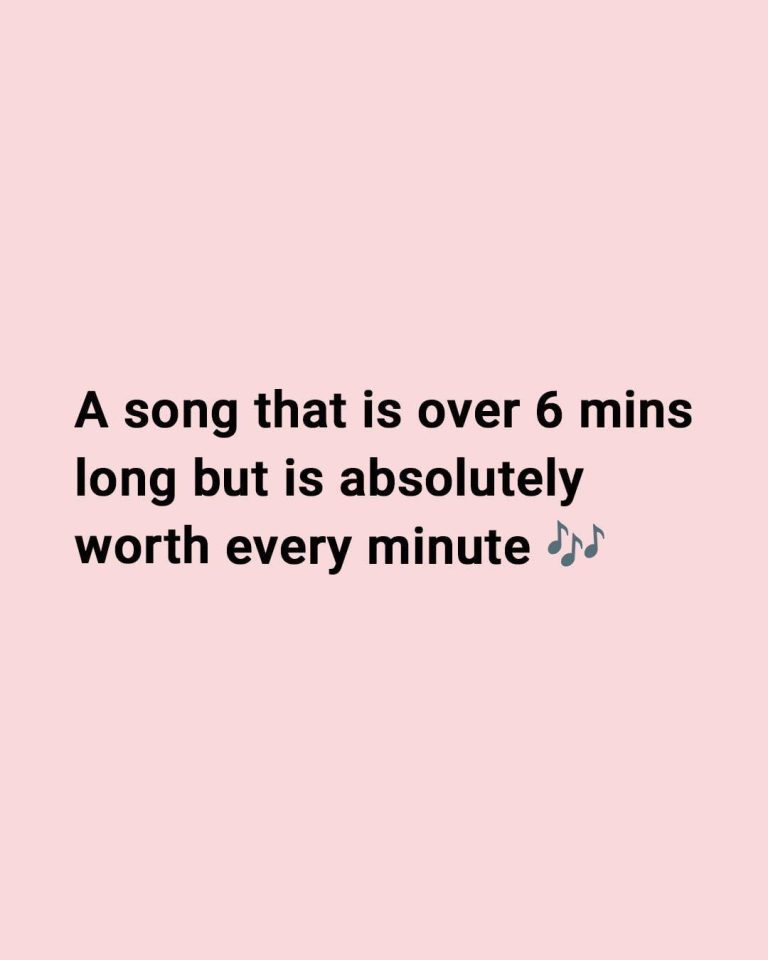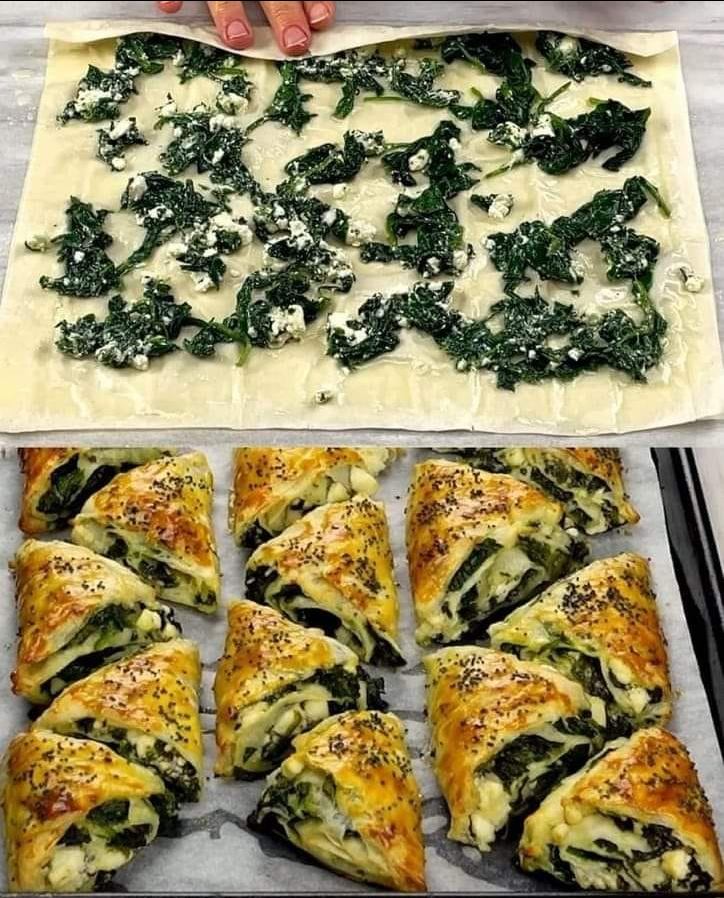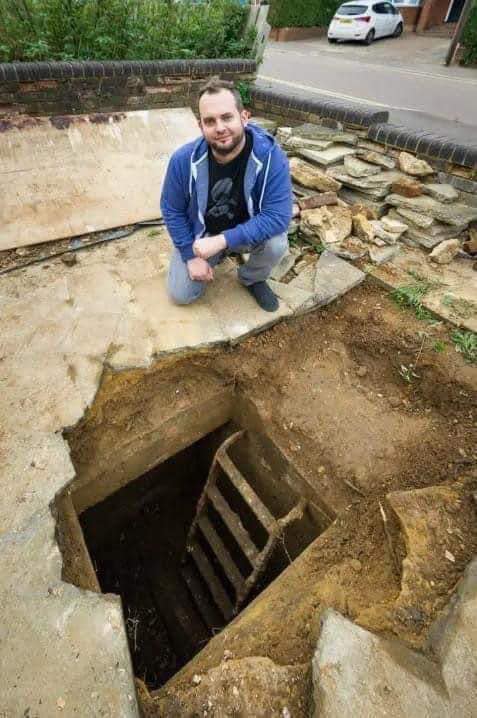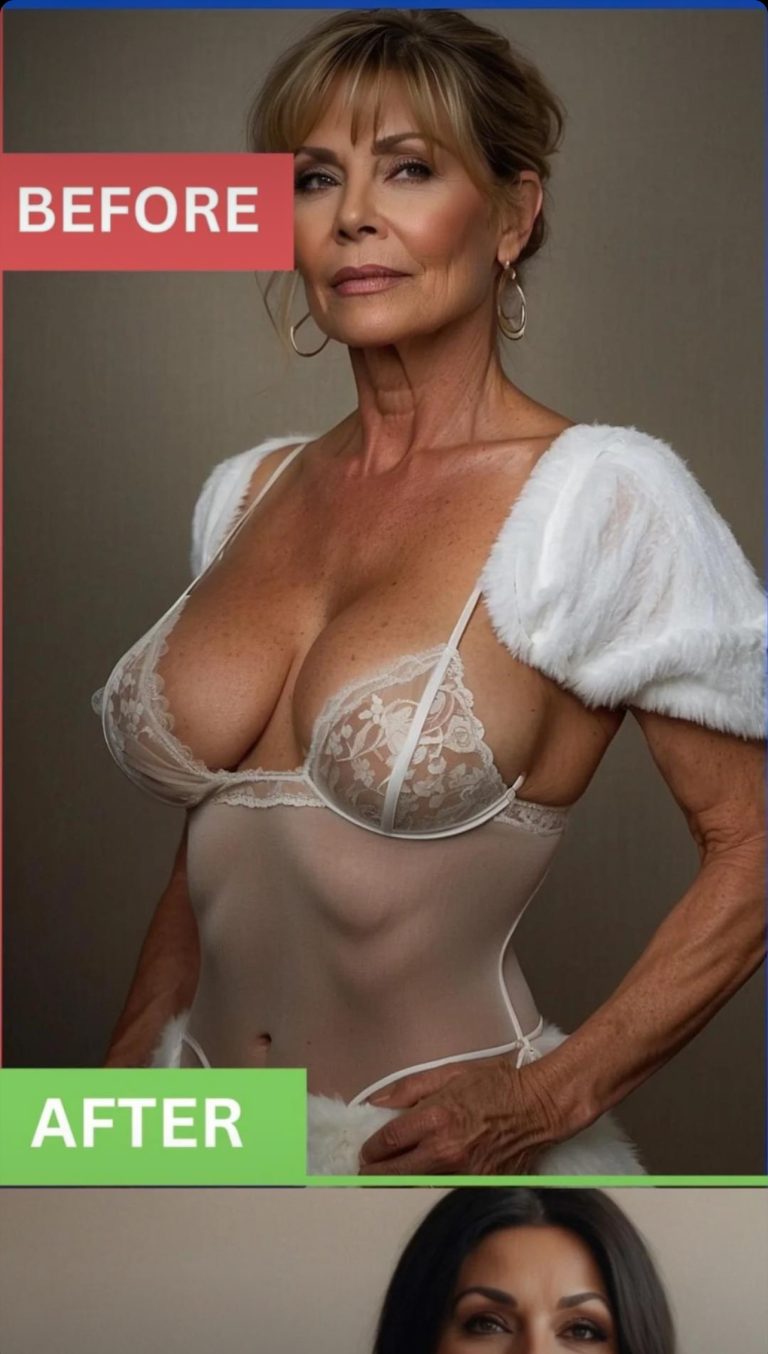Jonathan Turley Gives Trump Prosecutors Terrible News
Conservative legal scholar Jonathan Turley believes prosecutors going after former President Donald Trump are losing their case before the Supreme Court.
On Thursday, the nine justices heard arguments for and against expansive presidential immunity, which Trump argued applied to both official and unofficial actions taken while in office and since leaving in early 2021. Opponents contend that many of his actions fall outside the scope of protected activities and that the court should rule that Trump is subject to prosecution like any other U.S. citizen.
However, Turley writes, federal prosecutors were left worse off after the proceedings for essentially telling the court, “Trust us, we’re the government.”
From Turley:
Ambiguity defeats the purpose of such immunity. So does a test that turns on the motivation of an official act.
The special counsel insists, for example, Trump was acting for his personal interest in challenging certification and raising electoral fraud since he was the other candidate.
But what if he wasn’t on the ballot — would it have been an official function to raise such concerns for other candidates?
When pressed on the line between official and nonofficial conduct, the special counsel just dismissed such concerns and said Trump was clearly acting as an office-seeker not an officeholder.
Likewise, the special counsel argued the protection for presidents must rest with the good motivations and judgment of prosecutors.
It was effectively a “Trust us, we’re the government” assurance. Justice Samuel Alito and others questioned whether such reliance is well placed after decades of prosecutors’ proven abuses.
WATCH:
Supporters of Trump point to years of politically-motivated lawsuits and investigations, both criminal and civil, as evidence that left-leaning prosecutors are out to make an example of Trump, Manhattan District Attorney Alvin Bragg, Turley writes, is the former president’s “best attorney” as he represents the “very personification of the danger immunity is meant to avoid.”
“If the justices want insight into the implications of denying any immunity, they just need to look north to New York City. The ongoing prosecution of Trump is legally absurd but has resulted in the leading presidential candidate not only being gagged but prevented from campaigning,” he goes on.Turley and other legal observers believe the Supreme Court appears ready to seek a middle ground between blanket immunity and catch-all prosecution, though the line remains murky, at best.
“[C]ould President Barack Obama be prosecuted for ordering the killing of a citizen by drone attack and then killing his son in a second drone attack?” Turley asks.Speculation about the culpability of past presidents was apparent in Thursday’s questioning.
Justice Samuel Alito asked U.S. attorney Michael Dreeben, “What about President Franklin D. Roosevelt’s decision to intern Japanese Americans during World War II, could [he] in fact have been charged under 18 U.S.C. 241 conspiracy against civil rights today?”
“Yes,” Dreeben replied if domestic internment based on race occurred today, “given this court’s decision in … Trump v. Hawaii.”
Justice Jackson also questioned why, if immunity is enjoyed, was former President Richard Nixon pardoned for alleged crimes in office.
“What was up with the pardon for President Nixon? I think that if everybody thought that presidents couldn’t be prosecuted, then what was that about?” she asked defense attorney D. John Sauer.
“Well, he was under investigation for both private and public conduct at the time,” he replied.
If the court rules, as expected, that more proceedings by a lower court are required, it could upend both federal trials against Trump and delay any outcome until well past the November election.
